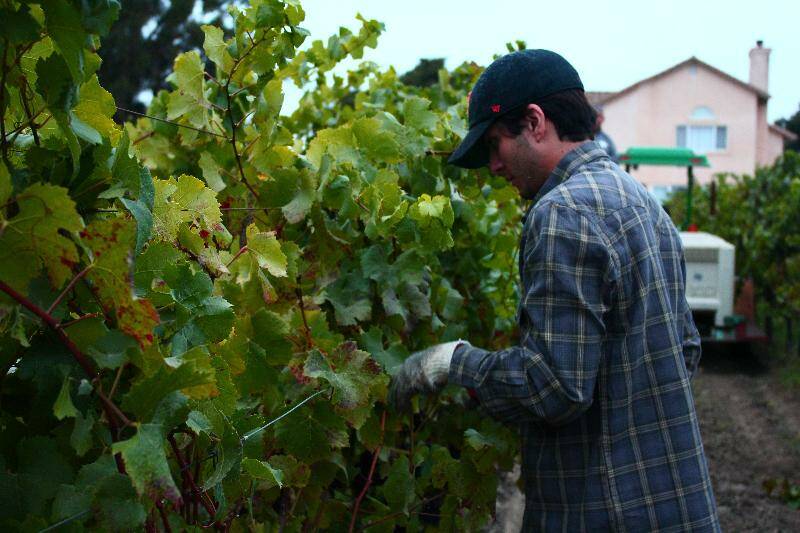Connecting with historical figures on a personal level can be a difficult task. Facts and dates about these people can only take you so far to understand who they were as individuals and their legacies.
Only the people they left behind—their families, friends and loved ones can ever really know the true stories of who they were outside of the history books.
But what happens when those stories do not get told? How is that knowledge to be found?
Filming a documentary was the answer for 30-year-old filmmaker Eduardo Chávez from the San Francisco Bay Area.
“Hailing César” is an endeavor by Chávez to form a connection with the history of his grandfather—the legendary civil rights activist César Chávez.
This documentary will be screened at 7 p.m. Tuesday, with a Q&A session in a free event coordinated by the UTRGV Office of Student Activities for the Distinguished Speaker Series at Plains Capital El Gran Salón at the University of Texas Rio Grande Valley-Brownsville.
Chavez is speaking at the university as part of National Farmworkers Awareness Week and César Chávez Day.
César Chávez, who worked as a farm laborer, fought for farmworkers’ rights and better conditions until his death in 1993. In the 1960s, he led the formation of what would eventually become the United Farm Workers labor union, which still exists today.
Born in 1991, the younger Chávez was only 1 1/2 when his grandfather passed. Growing up, Chavez remembers little information shared in his family about his grandfather.
“I was very disconnected even from just a plain historical aspect. I didn’t know that much about what my grandfather did—just that he was an organizer of farmworkers. I knew that he was successful. As a 10-year-old kid growing up in San Francisco, I would see streets named after him. We used to get a holiday off from school, and I saw his face on murals,” he said.
Starting in 2018, the younger Chávez used his father, Fernando, César Chávez’s oldest son, as a bridge to understand and connect with his grandfather and the way that activism shaped his family and the sacrifices that were made by over the year-and-a-half span of the documentary.
In the documentary, shot in a POV-style, the younger Chávez also explores how this legacy exists today and what has—and has not changed for the farmworkers his grandfather championed.
In the documentary, the younger Chávez worked for a month picking grapes at a winery in Sonoma to understand the lives of farmworkers as his father and grandfather had done.
“My grandfather is synonymous with helping farmworkers in the 1960s and 1970s get their first union contracts. For the first time, they had water out in the fields and could use the bathroom. They had paid vacation. Just these things that every laborer in this country has a right to,” he said.
“When I went to work in the fields, I realized that as time passed, things were better than if my grandfather did not organize when he did. But the fact of the matter is that today they are still far behind as a workforce compared to other forms of labor,” he said.
Ultimately while Chávez does touch on the history of the labor movement, the film has no intention to be a purely historical document. Chávez hopes that the film will convey how even recent history— such as his grandfather’s, can become removed from subsequent generations to drive people to learn about their history.
“I have noticed that— as time has passed— this history, especially for young Latinx people—this history is getting lost.”





